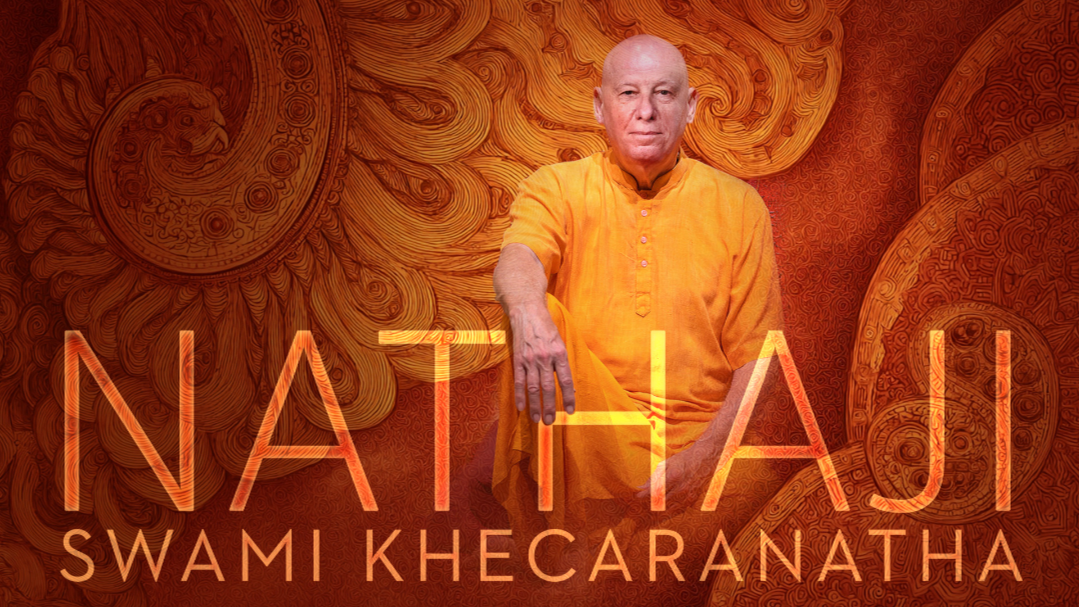
Introduction
Mindfulness is more than just a trendy buzzword—it’s a powerful practice that can help you lead a more present, peaceful, and intentional life. Whether you’re looking to reduce stress, improve emotional well-being, or simply be more present in your daily activities, mindfulness offers profound benefits. In this post, we’ll explore the teachings of two of the most influential spiritual teachers of our time: Thich Nhat Hanh and Eckhart Tolle. Both have shaped modern understanding of mindfulness, helping people worldwide incorporate it into their lives. By the end of this article, you’ll gain a deeper understanding of mindfulness and how to integrate it into your daily routine, supported by the wisdom of these two remarkable figures.
What is Mindfulness?
Mindfulness, at its core, is the practice of being fully present in the moment, paying attention to your thoughts, feelings, and surroundings without judgment. It’s the art of observing without reacting, of cultivating a deep awareness of your internal and external experiences.
In recent years, mindfulness has gained widespread popularity, especially as a tool for reducing stress and improving mental health. Studies have shown that mindfulness can improve focus, enhance emotional regulation, and even reduce symptoms of anxiety and depression. As more people seek holistic methods for personal growth, mindfulness has become a cornerstone of wellness practices globally.
Thich Nhat Hanh’s Mindfulness Teachings
One of the most profound and influential figures in the world of mindfulness is Thich Nhat Hanh, a Vietnamese Buddhist monk and peace activist. Thich Nhat Hanh’s teachings on mindfulness emphasize living in the present moment with awareness and compassion. His approach is grounded in mindful breathing, mindful walking, and mindful listening, all designed to cultivate a deep connection to oneself and the world.
In his book, The Miracle of Mindfulness, Thich Nhat Hanh teaches that mindfulness is not just a meditation practice—it’s a way of life. He suggests that we can bring mindfulness into every action, from washing the dishes to walking down the street. The practice is about becoming deeply aware of each moment, letting go of distractions, and embracing the fullness of the present. By practicing mindful breathing, we can cultivate peace and calm in our everyday lives, allowing us to be more connected to ourselves and others.
Eckhart Tolle and the Power of Now
Another highly influential figure in the mindfulness movement is Eckhart Tolle, the author of the spiritual classic The Power of Now. In his teachings, Eckhart Tolle emphasizes the importance of being fully present and aware in the moment. He argues that much of our suffering arises from the mind’s tendency to dwell on the past or worry about the future. Tolle’s teachings encourage us to disconnect from these mental patterns and embrace the present moment.
In The Power of Now, Tolle introduces the concept of presence—a state of being fully conscious and aware in the moment. By practicing mindfulness, we can begin to free ourselves from the constant chatter of the mind and enter a state of stillness and peace. Tolle teaches that the present moment is all we truly have, and it’s in the present that we can experience true freedom from the ego and mental stress.
Mindfulness, as Tolle teaches, is not just about quieting the mind but about fully engaging with life as it is, without judgment or resistance. By observing our thoughts and feelings without attaching to them, we can live with greater clarity, peace, and joy.
Integrating Mindfulness into Daily Life
Mindfulness isn’t just a practice for sitting quietly on a cushion—it’s a tool you can use to enhance every aspect of your life. Whether you’re at work, at home, or in nature, mindfulness can help you reconnect with the present moment and cultivate peace.
Here are some practical ways to integrate mindfulness into your daily routine:
- Mindful Breathing: Start your day with a few minutes of mindful breathing. Focus on each inhale and exhale, letting go of any distractions. This simple practice can help you center yourself before diving into the demands of the day.
- Mindful Eating: Pay full attention to the taste, texture, and smell of your food. Eat slowly and savor each bite. This practice not only enhances your enjoyment of food but also helps with digestion and encourages a healthy relationship with eating.
- Mindful Walking: When you walk, do so with full awareness. Notice how your feet connect with the ground, the sensation of movement, and the sounds around you. This can be a calming practice, especially if you feel stressed or rushed.
- Mindful Listening: When engaging with others, practice listening deeply without judgment or distraction. This helps foster better communication and deeper connection with the people in your life.
By making these practices a regular part of your life, you can begin to shift your mindset and cultivate a more mindful, centered existence.
The Impact of Mindfulness on Mental Health
In addition to its spiritual benefits, mindfulness has been shown to have a profound impact on mental health. Research consistently shows that mindfulness can reduce symptoms of stress, anxiety, and depression, while improving emotional regulation and resilience.
Mindfulness works by training the brain to focus on the present moment, which can help reduce rumination (the tendency to dwell on negative thoughts) and interrupt the cycle of worry. By practicing mindfulness regularly, you can learn to respond to difficult emotions in a more balanced, grounded way. Studies have shown that mindfulness can increase the gray matter in the brain, which is associated with improved cognitive function, emotional regulation, and memory.
For those struggling with stress management or mental health challenges, mindfulness can be an effective tool for improving overall well-being. Whether through meditation, mindful breathing, or mindful awareness in daily activities, mindfulness offers a practical way to alleviate mental distress and enhance your emotional health.
Conclusion
Mindfulness is a transformative practice that offers powerful benefits for both spiritual growth and mental well-being. Whether you’re learning from the teachings of Thich Nhat Hanh or Eckhart Tolle, the practice of mindfulness can help you cultivate a deeper sense of presence, peace, and clarity in your life. By integrating mindfulness into your daily routine, you can reduce stress, improve emotional balance, and experience greater joy and connection with the world around you.
Start your mindfulness journey today, and explore how this simple yet profound practice can enhance your life, just as it has for millions of others around the world.
















